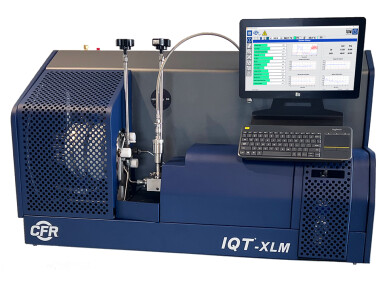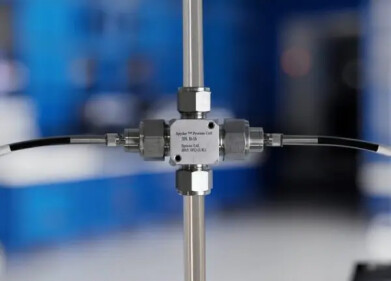Analytical Instrumentation
What Brought on Britain's Petrol Ban?
Aug 08 2017
According to experts, cars have a chokehold on Britain. The latest research backs these concerns, with ministers believing that poor air quality poses the single largest environmental risk to the nation’s public health. Now, Britain is following in the footsteps of the French and proposing a controversial new ban that will veto the sale of all diesel and petrol cars and vans from 2040 onwards.
Emissions a major risk to public health
The UK may have a host of eco-friendly initiatives in place but regardless of its best efforts, rising levels of nitrogen oxide pose a major risk to public health. It’s also a financial burden, with experts maintaining that air pollution costs up to £2.7 billion in lost productivity every year.
“Poor air quality is the biggest environmental risk to public health in the UK and this government is determined to take strong action in the shortest time possible,” asserts a government spokesman.
“That is why we are providing councils with new funding to accelerate development of local plans, as part of an ambitious £3 billion programme to clean up dirty air around our roads.”
London urged to clean up its act
It may be the capital but London definitely isn’t setting an example when it comes to clean air. In fact, this year the city exceeded its annual air pollution limit as set by the EU within a week. A recent World Health Organisation report revealed the extent of the national crisis, citing 10 towns and cities in the UK that breached what are regarded as safe levels of tiny particles known as PM10.
Clean air plan set to tackle pollution crisis
In a bid to tackle the national crisis the government is launching its highly-anticipated clean air plan, which has been at the heart of a heated high court legal battle. This includes the proposed introduction of “clean air zones” (CAZ) which will slap drivers with charges to enter areas where emissions have breached EU thresholds.
Experts call for total car ban
While the focus is currently on high emissions vehicles other experts warn that the only real way to beat air pollution is by introducing a total car ban. According to Professor Frank Kelly, chairman for the Committee on the Medical Effects of Air Pollutants, the solution lies solely in “fewer cars, not just cleaner cars.” He maintains that as well as petrol and diesel emissions, the brakes and tyres on electric vehicles generate highly polluting toxic particles that will continue to jeopardise air quality.
While biofuels are helping to combat the global car pollution crisis they’re not quite as useful in an aviation context. Biodiesel has a high freezing point and poor oxidative stability that render it unsafe in jet fuel, which means that managing contamination is essential. For a closer look at the latest techniques used by the Energy Institute ‘IP-585 – Determination of fatty acid methyl esters (FAME) from bio-diesel in aviation turbine fuel’ introduces the revolutionary new GC/MS selective ion monitoring/scan detection method.
Digital Edition
PIN 25.5 Oct/Nov 2024
November 2024
Analytical Instrumentation - Picturing Viscosity – How Can a Viscometer or a Rheometer Benefit You? - Sustainable Grease Formulations: Evaluating Key Performance Parameters and Testing Method...
View all digital editions
Events
Dec 03 2024 Dusseldorf, Germany
Dec 08 2024 Anaheim, CA, USA
Turkey & Black Sea Oil and Gas
Dec 11 2024 Istanbul, Turkey
Dec 19 2024 Aurangabad, India
Jan 20 2025 San Diego, CA, USA



















